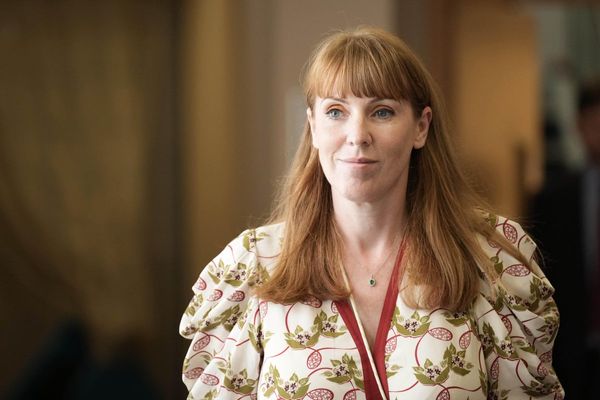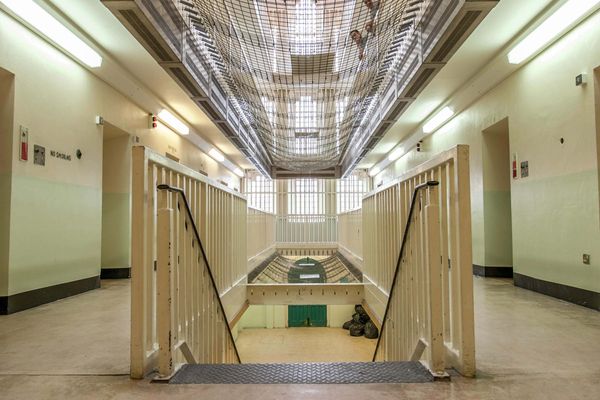
How many retired US Navy officials does it take to advise Australia on its failed and expensive submarine building program — the one that is still a work in progress?
The number is 12, hired in consulting deals worth about US$10 million combined, according to The Washington Post.
The Post late last week published an investigation into the Australian government’s use of United States consultants in guiding the nation’s failed Attack Class submarine project which was cancelled last year by then-prime minister Scott Morrison as he announced a new alignment with the USA and the UK which hinged on nuclear-powered submarines.
It found that “to an extraordinary degree in recent years” Australia had relied on “high-priced American consultants” to decide which ships and submarines to buy and how to manage strategic acquisition projects.
“In addition to six retired US admirals, the government of Australia has hired three former civilian US Navy leaders and three US shipbuilding executives,” the Post reported.
It also reported that the Americans’ recommendations had influenced “a series of ill-fated decisions by Australian officials that could delay the arrival of any new submarines until 2040, almost a decade later than planned”.
The investigation painted a picture of ever-expanding American influence — and an absence of European influence — from 2014.
“The Australian government created additional naval advisory committees — and stocked them with Americans,” it reported.
When Australia announced its ill-fated contract with the French Naval Group in 2016, then-prime minister Malcolm Turnbull named a number of retired US Navy officials for their role in overseeing the “rigorous and independent” selection process: Rear Admiral Stephen Johnson, Vice Admiral Paul Sullivan, Rear Admiral Thomas Eccles and former US Navy secretary Professor Donald Winter.
The American influence reached its high water mark shortly after, in 2016, when the government announced a new Naval Shipbuilding Advisory Board. It coincided with Australia’s decision to unleash billions of dollars in funding for defence industries, a move sold as being “central to the government’s broader economic plan”.
The Naval Shipbuilding Advisory Board was chaired by Winter; its 10 members included Eccles and Sullivan as well as Vice Admiral William Hilarides (all retired). It included two others who had held senior roles with Huntington Ingalls, the company that builds nuclear powered submarines for the US Navy.
A little over two years later the government established the Naval Shipbuilding Institute, a joint venture between Huntington Ingalls Industries and US defence contractor Kellogg Brown & Root, headquartered at the Osborne Naval Shipyard in South Australia.
Winter remained a constant adviser in Australia’s moves to acquire a submarine fleet from 2015 onwards. When the Naval Shipbuilding Advisory Board was abolished in March 2021 he was appointed as a special adviser to Morrison.
Johnson was about to retire in 2015 when he was “targeted” by Australian recruiters.
“Even though Johnson was a foreign citizen, the Australian Defense Department offered him a senior government position as its general manager for submarines,” the Post reported. Johnson was later named Australia’s deputy secretary of defence, “a big promotion” and “an unusual job for a foreign citizen”.
American shipyards owned by Huntington Ingalls are now considered the leading contender to build Australia’s new fleet of nuclear-powered submarines. (Details are set to be released in March next year.)
The Post‘s investigation has gone into territory largely untouched by Australia’s political media. As such it shines a light on the tight network of defence relationships and revolving door appointments in which conflicts of interest are baked into the business model — all of it carried out in total secrecy.







